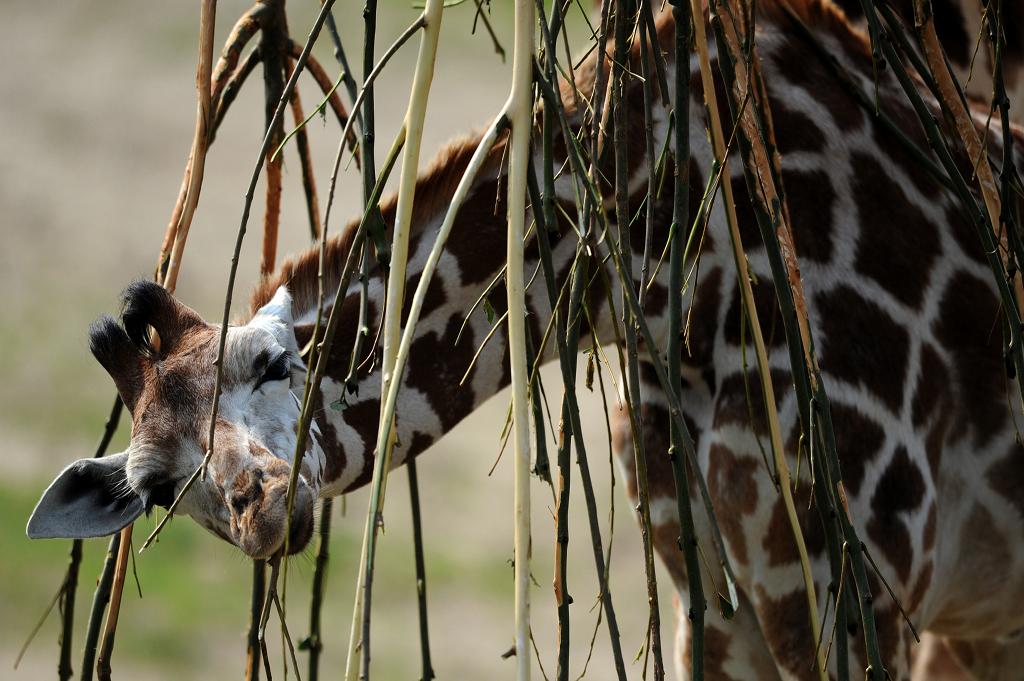Humans are one in 8.7 million, say scientists
About three quarters of all species are land dwellers, while a quarter live in the oceans.
In the most precise guestimate in history, scientists have narrowed down the number of species in the world to 8.7 million — give or take 1.3 million.
This is pretty good going, given that previous attempts at counting up the different organisms put the number at anywhere between 3 and 100 million.
Astonishingly perhaps, the vast majority of species have yet to be discovered.
A Canadian-led research team, who's findings were published in he journal PLoS Biology, said that only 14 percent of the world's species had been documented.
The Vancouver Sun reports that while fewer than a million animal species are classified, the study's authors have put to bed theories of sea monsters and bigfoots.
Professor Sina Adl, of Dalhousie University in Halifax, said most of the species that are unknown are the smaller or “microscopic ones” — far less interesting than a hairy monster.
The BBC said that cataloguing the various species is thirsty work, and could take more than 1,000 years – adding that many species will become extinct before they can be studied. Biologist EO Wilson put the figure at about 30,000 a year, or three species lost every hour.
So how did scientists arrive at the ball park figure of 8.7 million? The number comes from first examining the relationship between existing species, and then their broader groupings.
So, compare the discovery rate of new species, and genuses, with the discovery rate of higher groups such as phyla, class and order. This information is then used it to predict the number of species in the world.
Says Professor Adl:
The approach accurately predicted the number of species in several well-studied groups such as mammals, fishes and birds, providing confidence in the method.
About three quarters of all species are land dwellers, while a quarter live in the oceans.
A member of the research team, Derek Tittensor, told the BBC that most undiscovered organisms probably live in places that are hard to reach, which is why they've never been stumbled upon.
When you go to a tropical rainforest, it's easy to find new insects, and when you go to the deep sea and pull up a trawl, 90 percent of what you get can be undiscovered species.
Seems there are plenty more fish in the sea.
We want to hear your feedback so we can keep improving our website, theworld.org. Please fill out this quick survey and let us know your thoughts (your answers will be anonymous). Thanks for your time!
